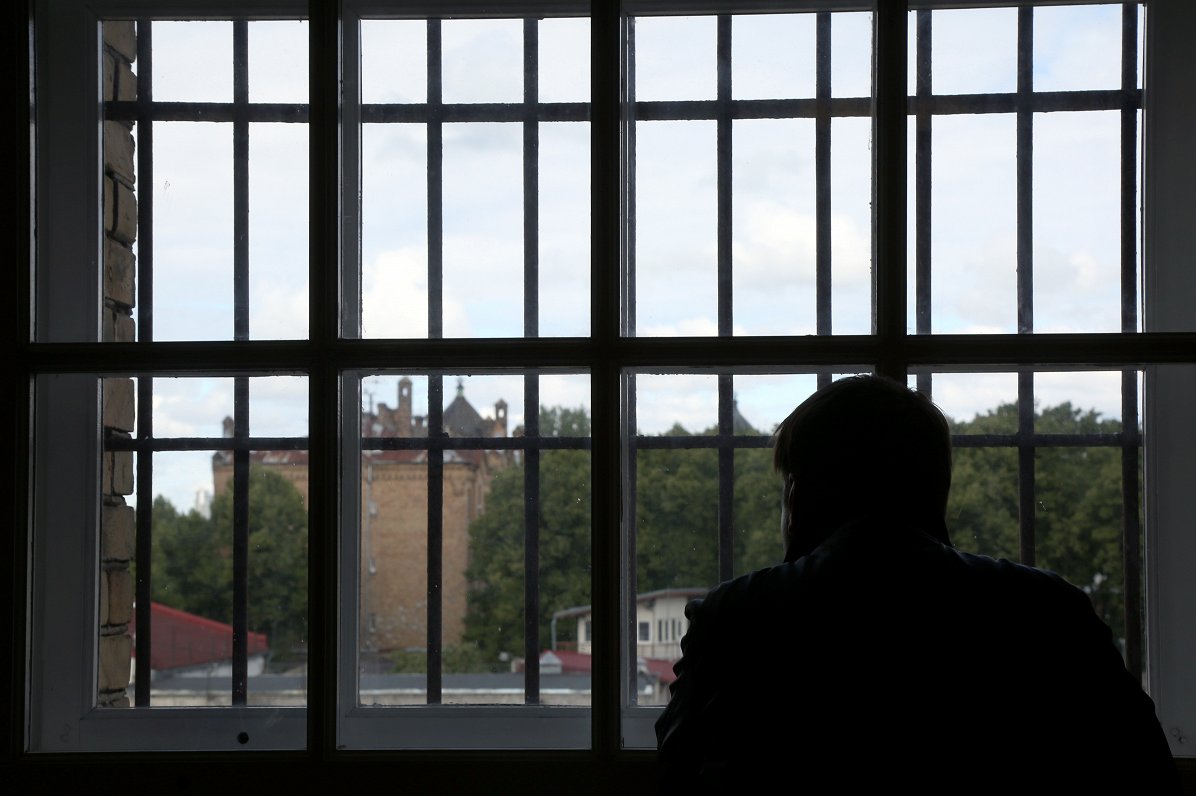However there are also some areas of concern, particularly relating to the specific definition of torture under Latvian law.
"While taking note of the amendments to the definition of torture included in article 24 of the Law on Entry into Force and Implementation of the Criminal Law in 2015, the Committee remains concerned that the definition of torture in national legislation does not reflect all of the elements contained in article 1 of the Convention, such as the explicit mention of pain or suffering inflicted by or at the instigation of or with the consent or acquiescence of a public official; or for any reason based on discrimination of any kind, which may create loopholes for impunity, as outlined in general comment No. 2 (2007) on the implementation of article 2 by States parties (arts. 1, 2 and 4)," the report says.
"The Committee reiterates its recommendation that the State party amend its legislation to include a definition of torture in conformity with the Convention, which covers all the elements contained in article 1, including for any reason based on discrimination of any kind; and when such pain or suffering is inflicted by or at the instigation of or with the consent or acquiescence of a public official or other person acting in an official capacity," it adds.
The report also expresses concern that upon arrest or detention, people do not always get access to legal representation and, if they do, that it is not of a suitably high standard.
"The Committee is concerned that persons deprived of their liberty do not enjoy in practice all the fundamental legal safeguards from the very outset of their deprivation of liberty, such as being informed about the reasons for their arrest and of the charges against them; of the right to prompt access to a lawyer and, if necessary, to State ensured legal aid so that they are interrogated in the presence of their legal counsel; that the quality of State ensured legal aid does not always effectively guarantee the right to defence and that indigent and vulnerable persons often to not have access to State-ensured legal aid and are therefore deprived of the possibility to file complaints in the European Court on Human Rights. It is 4 also concerned at the continued shortage of lawyers providing State ensured legal aid, the quality of the aid provided, and that their remuneration continues to be inadequate. The Committee is particularly concerned that article 129 of the Criminal law foresees punishments only of up to one year of imprisonment, community service or a fine for law enforcement officers who cause moderate or serious injuries to persons while arresting them," the report says.
The full report in English can be read online.


























